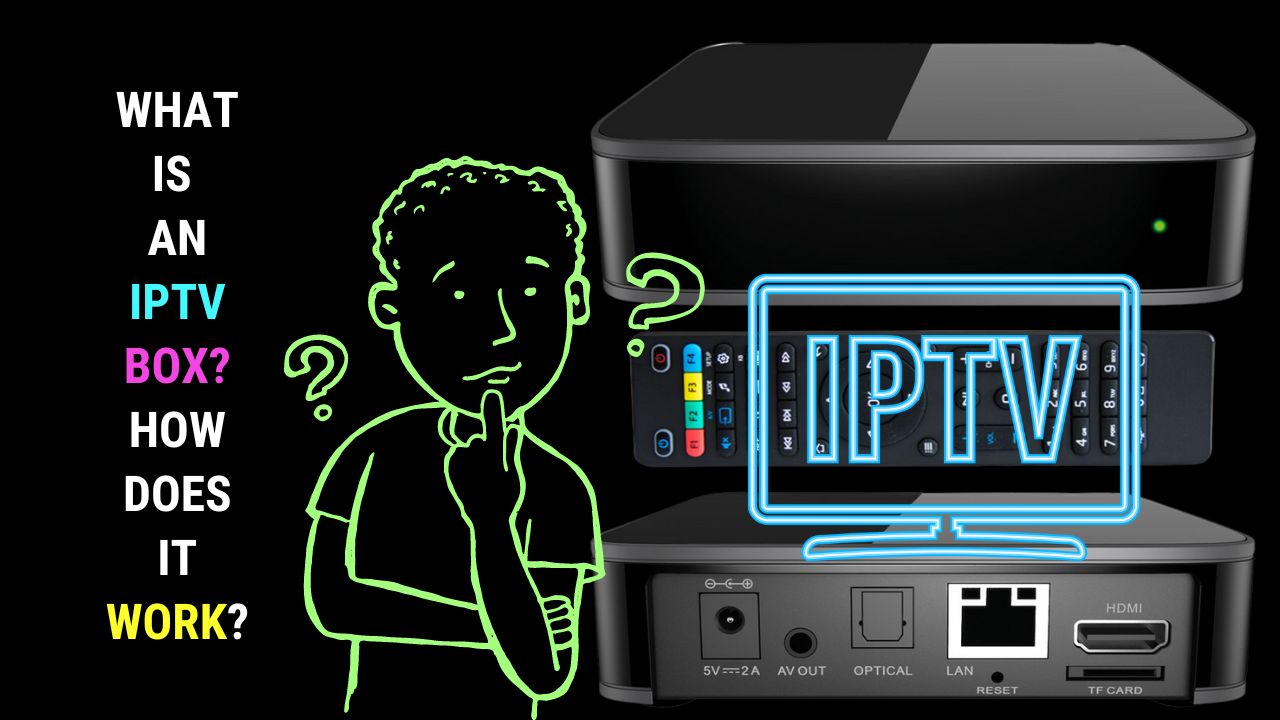In recent years, the way we consume television has undergone a significant transformation. Gone are the days when viewers were solely reliant on traditional cable and satellite services. Instead, a new technology has emerged that is changing the landscape of entertainment: IPTV service. This innovative approach allows users to stream television content over the internet, providing a more flexible and personalized viewing experience.
For those unfamiliar with the term, IPTV, or Internet Protocol Television, delivers television programming via the same technology that powers the internet. This means viewers can access a wide range of movies, shows, and live broadcasts directly on their devices, whether it's a smart TV, tablet, or smartphone. As more people seek alternatives to conventional broadcasting methods, understanding IPTV becomes essential for anyone looking to stay current with the latest trends in television viewing.
What is IPTV?
IPTV, or Internet Protocol Television, is a technology that delivers television content over the internet rather than through traditional terrestrial, satellite, or cable formats. This method allows users to stream shows and movies through a broadband connection, giving them access to a wide variety of channels and on-demand content. With IPTV, the delivery of television programming becomes more efficient, utilizing data packets rather than traditional broadcast signals.
One of the key features of IPTV is its ability to provide a personalized viewing experience. Users can watch content on their own schedules, pausing, rewinding, or fast-forwarding as they please. Many IPTV services also offer additional features like catch-up TV, which allows viewers to watch shows they may have missed, and DVR capabilities to record live broadcasts. This flexibility sets IPTV apart from standard television services.
IPTV services can come in different formats, including subscription-based models, ad-supported free services, and pay-per-view options. As internet speeds continue to improve and more people shift towards streaming, IPTV is becoming an increasingly popular choice. It enables access to international content alongside local programming, making it an appealing option for diverse audiences seeking a broad range of entertainment choices.
Benefits of IPTV
One of the primary benefits of IPTV service is the flexibility it offers to viewers. With IPTV, users can access a wide range of content on their own schedules. Gone are the days of being tied to a television schedule; instead, individuals can watch their favorite shows and movies whenever they choose. This on-demand capability enhances the viewing experience, allowing users to pause, rewind, or fast-forward content seamlessly.
Another notable advantage of IPTV is the variety of channels and content available. Unlike traditional cable television, which may have limited options, IPTV services often provide a broader selection of channels from around the world, catering to diverse interests. Users can explore niche content, international programming, and specialty channels that may not be available through conventional means. This extensive library ensures that there is something for everyone.
Additionally, IPTV services frequently employ advanced technology to enhance user experience. Many providers offer features such as multi-screen support, enabling users to watch content on various devices, including smartphones, tablets, and smart TVs. This adaptability, combined with features like high-definition streaming and interactive functionalities, sets IPTV apart from traditional broadcasting methods. As technology continues to advance, the IPTV service is likely to offer even more innovative features that enhance how viewers consume media.

Choosing the Right IPTV Service
When selecting an IPTV service, it's essential to consider your specific viewing preferences and requirements. Different services offer various channels, packages, and content types, catering to diverse audiences. Start by identifying what you enjoy watching—be it sports, movies, or international channels—and look for providers that specialize in those areas. Additionally, consider whether you want a service that offers live TV, on-demand content, or a combination of both.
Pricing is another critical factor to weigh when choosing an IPTV service. Many providers offer competitive pricing models, ranging from subscription-based plans to pay-per-view options. Take the time to compare the costs relative to the channels and content quality you receive. It's also wise to check for any hidden fees or additional costs for premium channels or features, as these can increase your overall expenditure significantly.
Finally, ensure that the IPTV service you choose has a reputation for reliable performance. Look for mounzou iptv and ratings regarding the streaming quality and uptime of the service. A good IPTV provider should offer a user-friendly interface, multiple device compatibility, and responsive customer support. Conducting thorough research will help you make an informed decision and enhance your overall viewing experience.
